Find Help
More Items From Ergsy search
-
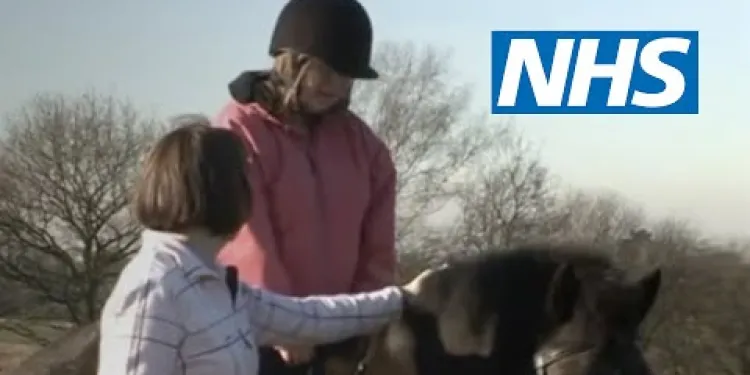
Down's syndrome: Emily's story | NHS
Relevance: 100%
-
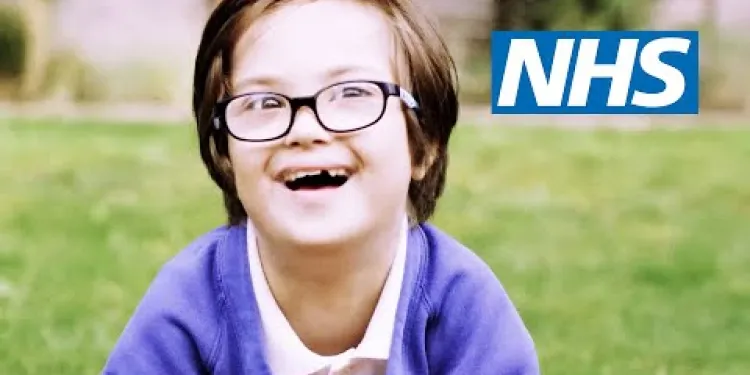
Having a child with Down's syndrome | NHS
Relevance: 49%
-
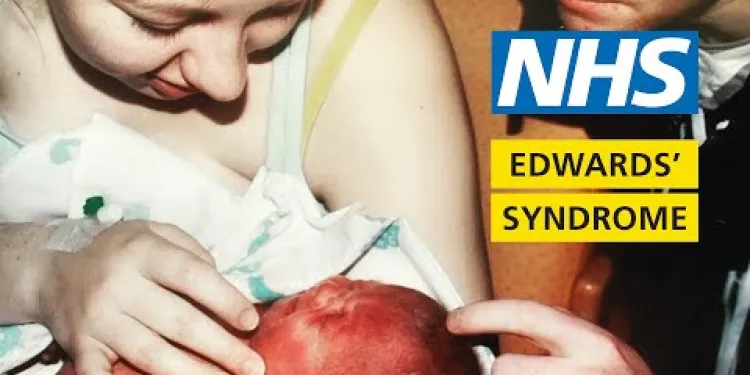
What it's like to have a baby with Edwards' syndrome - My Story - Chloe and Penelope | NHS
Relevance: 33%
-

Danny's Story
Relevance: 32%
-

House Prices Soar: First-Time Buyers Share Their Stories
Relevance: 28%
-
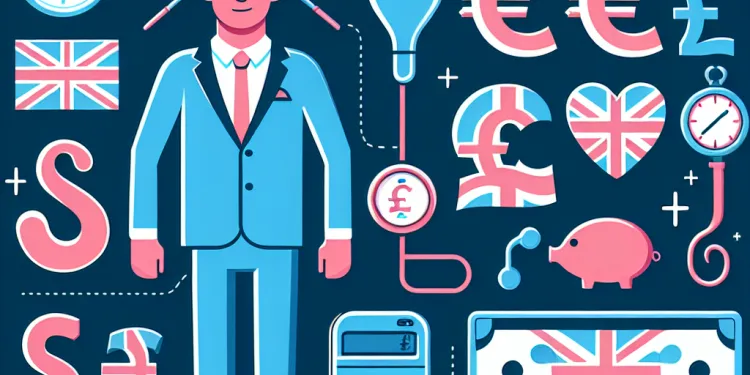
What is Cushing's syndrome?
Relevance: 25%
-

Munchausen's syndrome | NHS
Relevance: 25%
-
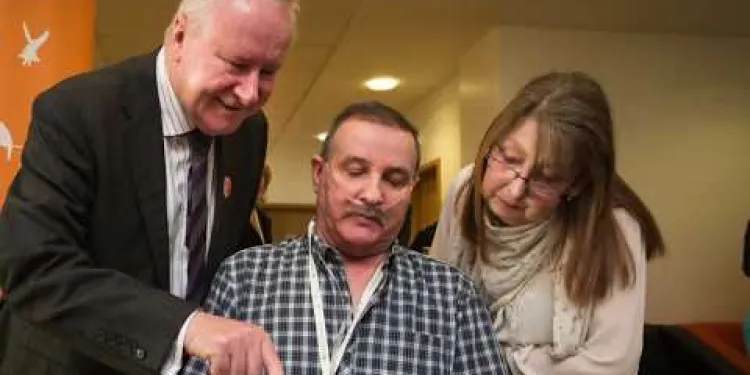
Bernard's Story - Lung Transplant
Relevance: 25%
-

Prader-Willi Syndrome | NHS
Relevance: 25%
-
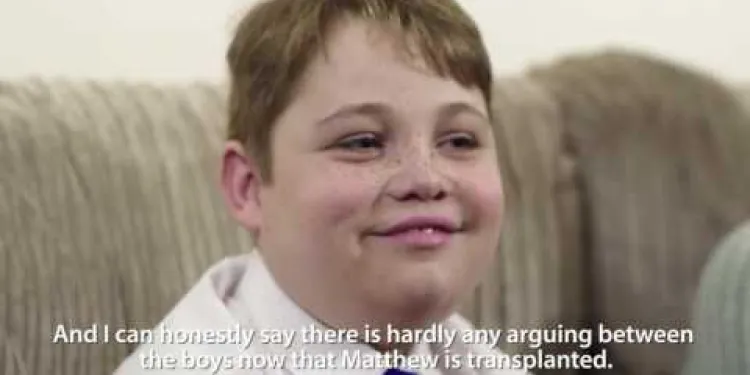
Matthew's Story: Kidney Transplant - Part 1
Relevance: 24%
-
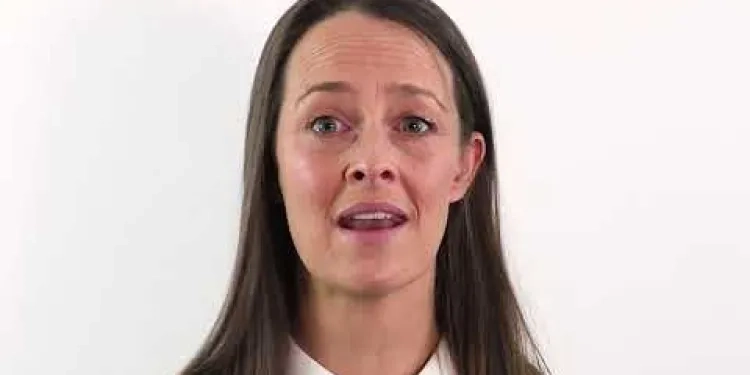
Carpal Tunnel Syndrome
Relevance: 24%
-
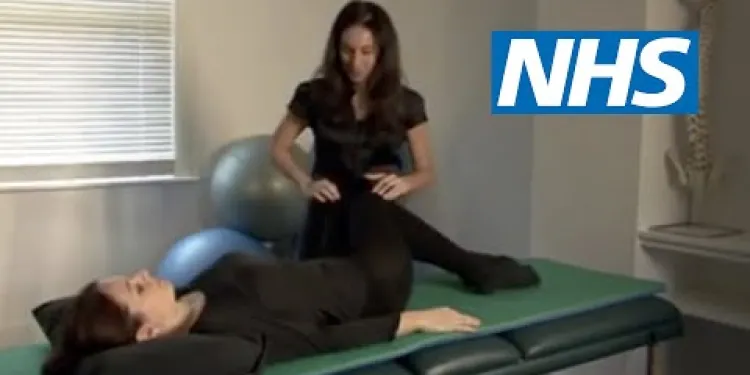
Exercises for sciatica: piriformis syndrome | NHS
Relevance: 24%
-
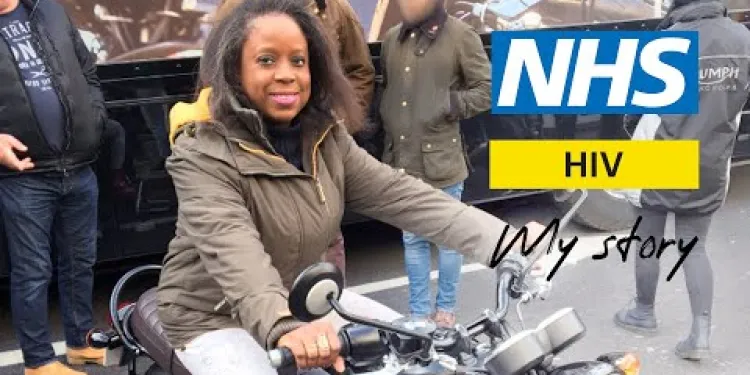
HIV - My Story - Florence | NHS
Relevance: 24%
-
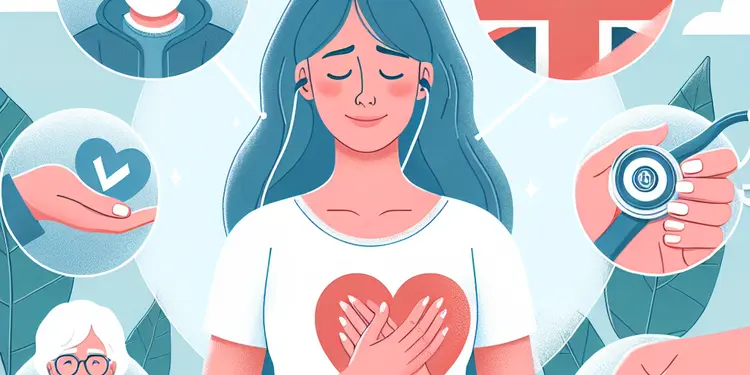
Is chronic fatigue syndrome contagious?
Relevance: 23%
-

Turner syndrome: Beyond the classic XO phenotype
Relevance: 23%
-
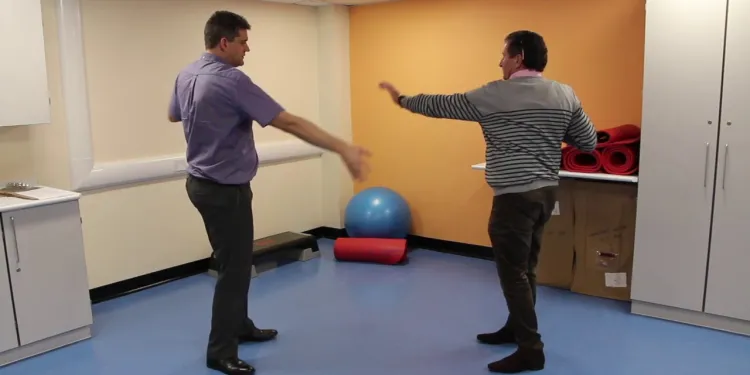
Sean's Story - There is another way. Information for prescribers
Relevance: 23%
-

What causes Carpal Tunnel Syndrome?
Relevance: 23%
-
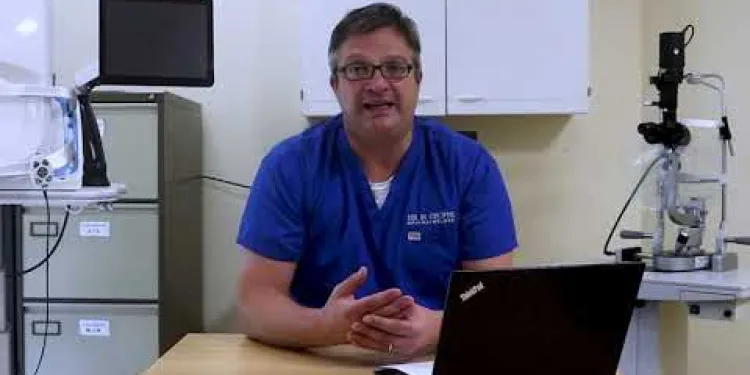
Charles Bonnet Syndrome
Relevance: 23%
-
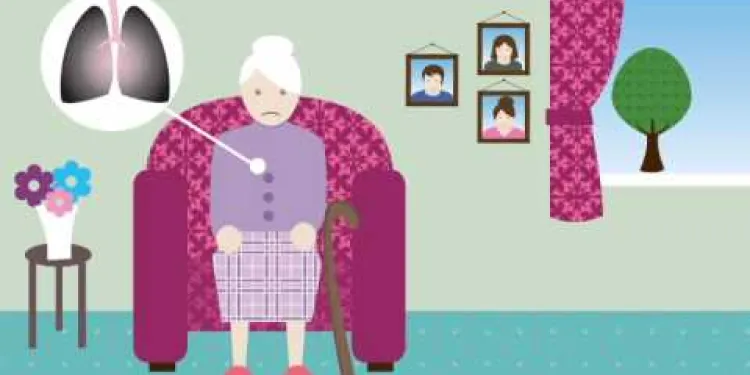
Dorothy's Story (Falls/Chest Infection)
Relevance: 23%
-

Greater trochanteric pain syndrome
Relevance: 23%
-
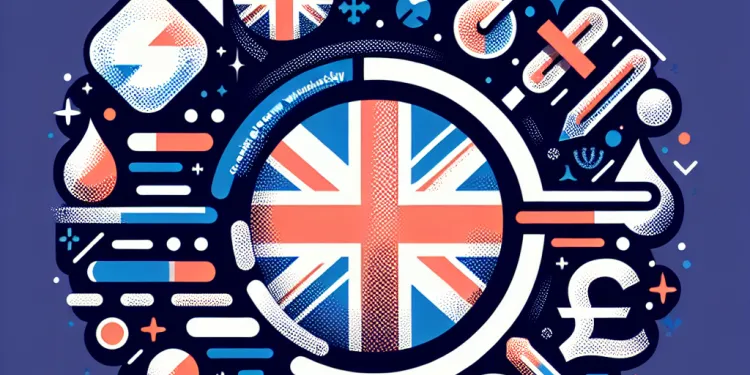
How can I cool down quickly if I start feeling overheated?
Relevance: 23%
-

What causes chronic fatigue syndrome?
Relevance: 23%
-
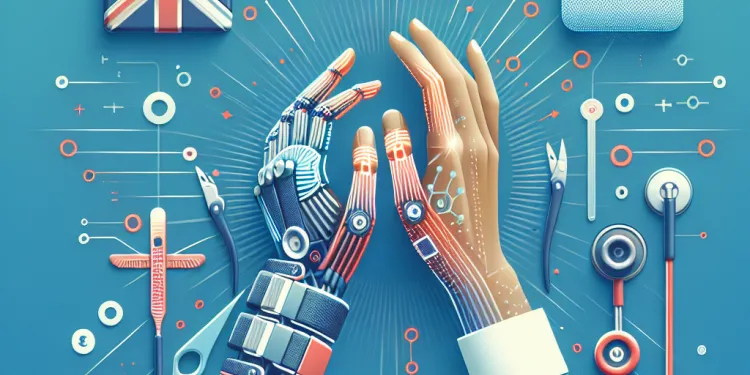
Is Carpal Tunnel Syndrome covered by the NHS?
Relevance: 22%
-
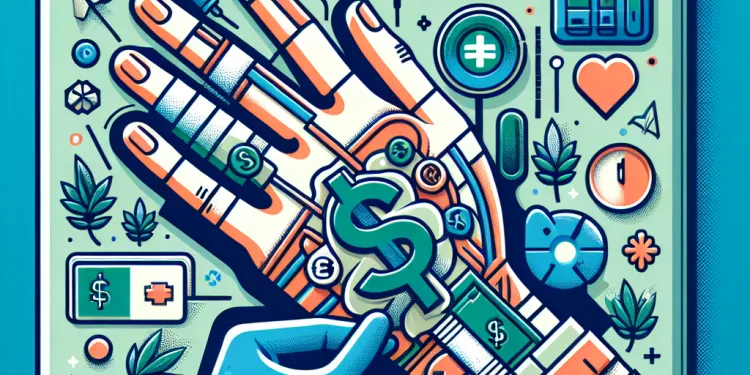
How is Carpal Tunnel Syndrome diagnosed?
Relevance: 22%
-
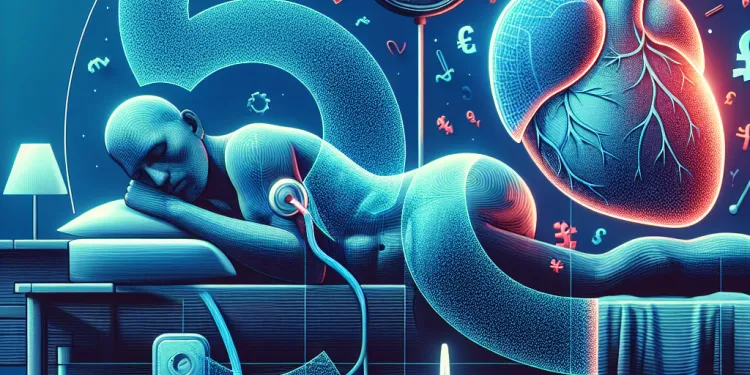
What is complex sleep apnea syndrome?
Relevance: 22%
-

Are there specific exercises that can help with Carpal Tunnel Syndrome?
Relevance: 22%
-
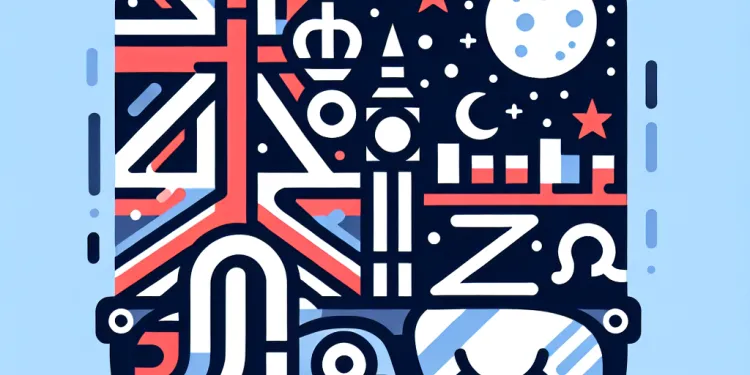
What is complex sleep apnea syndrome?
Relevance: 22%
-
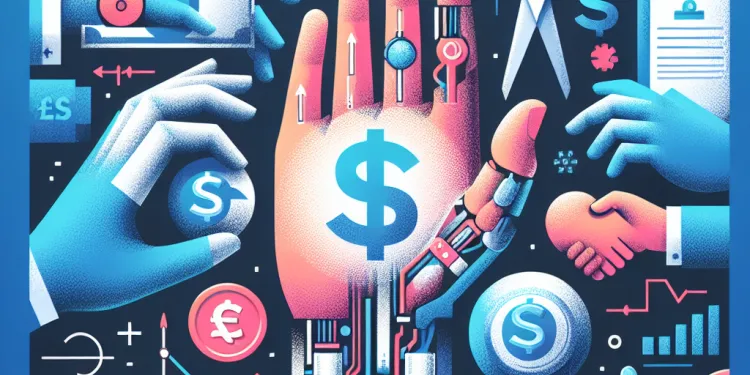
What is Carpal Tunnel Syndrome (CTS)?
Relevance: 22%
-
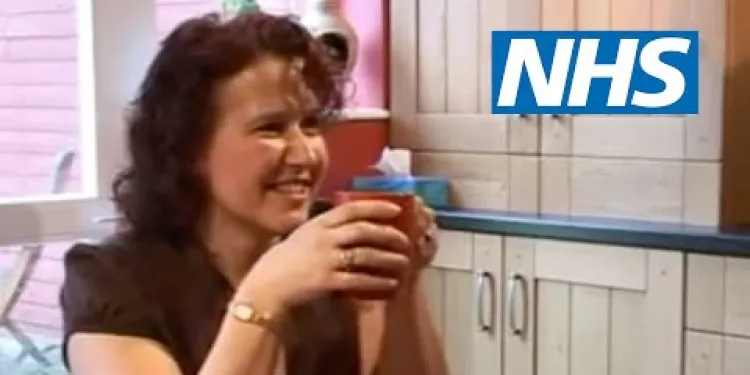
Parkinson's disease: Karen's story | NHS
Relevance: 22%
-
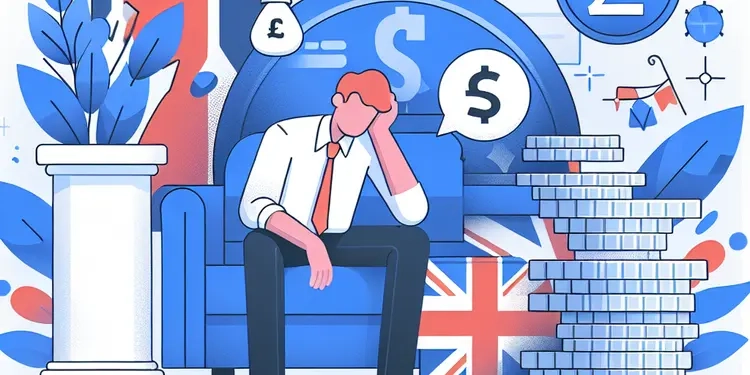
What is chronic fatigue syndrome?
Relevance: 22%
-
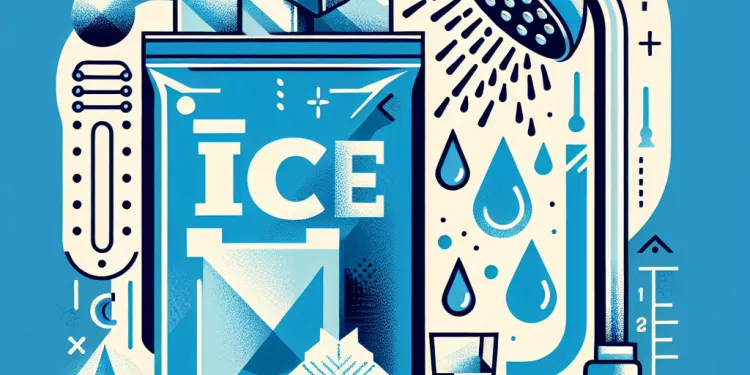
Is it okay to use ice packs or cold showers to cool down?
Relevance: 22%
-
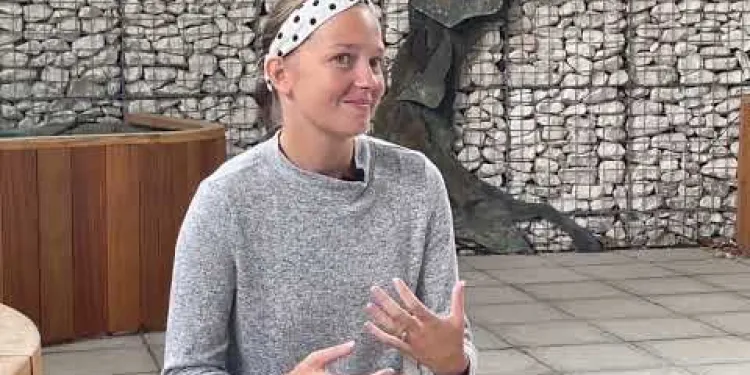
Emma's story: My brain tumour story
Relevance: 22%
-
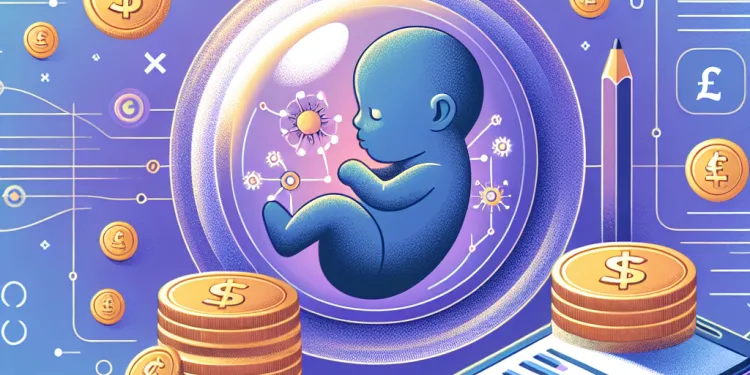
What is congenital rubella syndrome?
Relevance: 22%
-
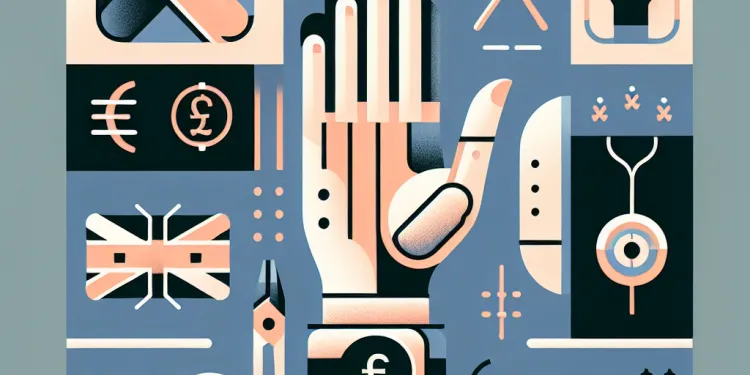
How can I prevent Carpal Tunnel Syndrome?
Relevance: 22%
-
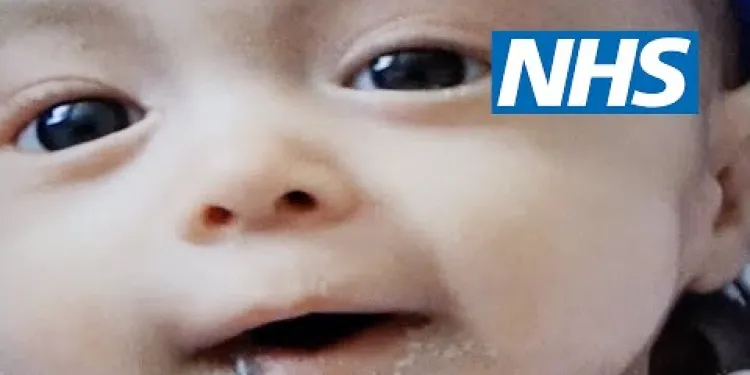
Having a child with Edwards' syndrome (trisomy 18) | NHS
Relevance: 21%
-

Can baby sleep pillows prevent flat head syndrome?
Relevance: 21%
-
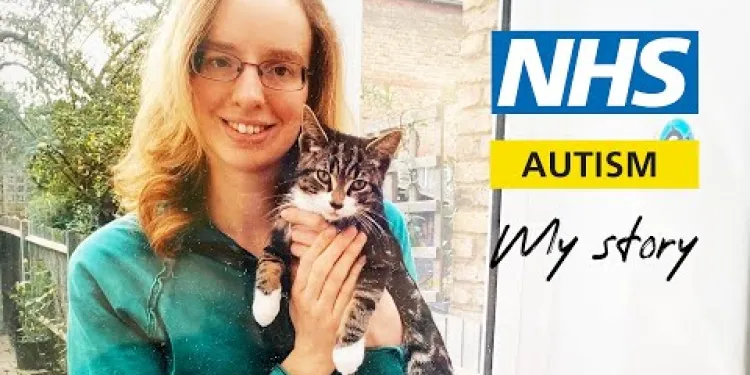
Autism - My Story - Rosalind | NHS
Relevance: 21%
-
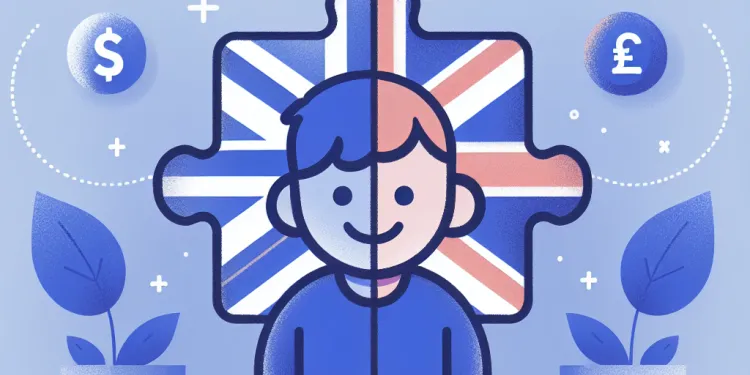
What is the difference between autism and Asperger's syndrome?
Relevance: 21%
-
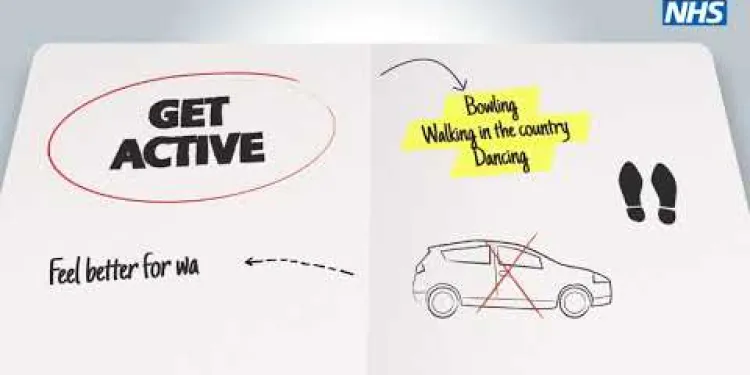
Pam’s story - The NHS Diabetes Prevention Programme
Relevance: 21%
-

Can the energy price cap go down as well as up?
Relevance: 21%
Down's Syndrome: Emily's Story
What is Down's Syndrome?
Down's syndrome, also known as trisomy 21, is a genetic condition where a person has an extra chromosome. This additional genetic material affects physical development and intellectual abilities. It is one of the most common genetic conditions, with around 1 in every 1,000 babies born in the UK being diagnosed with it.
Emily's Journey with Down's Syndrome
Emily was born with Down's syndrome, and her journey has been both challenging and rewarding. From an early age, Emily's parents recognised the importance of early intervention and sought support from local NHS services. With tailored healthcare, physical therapy, and educational support, Emily has made significant strides in her development.
Healthcare and Support from the NHS
The NHS offers a range of services for individuals with Down's syndrome. These services include regular health check-ups, speech and language therapy, and support for cognitive and social development. Emily's family has benefited from these services, allowing her to reach her full potential and lead a rich, fulfilling life.
Education and Social Inclusion
In the UK, children with Down's syndrome are entitled to attend mainstream schools with additional support, if needed. Emily attends a local primary school where she receives extra help from specially trained teaching assistants. Participating in a mainstream school has been crucial for Emily's social integration and development, fostering a sense of belonging and community.
Living a Fulfilled Life
Like many individuals with Down's syndrome, Emily is living a happy and active life. She enjoys participating in various extracurricular activities such as swimming, dance, and drama. These activities not only enhance her physical abilities but also provide a platform for building friendships and self-confidence.
Conclusion
Emily's story highlights the invaluable role of early intervention, comprehensive healthcare, and inclusive education. With the ongoing support from the NHS and the community, individuals with Down's syndrome in the UK have the opportunity to lead meaningful and dynamic lives.
Down's Syndrome: Emily's Story
What is Down's Syndrome?
Down's syndrome is a condition people are born with. It happens when a person has an extra piece in their genetic material, called a chromosome. This can affect how they grow and learn. It is quite common, with about 1 in every 1,000 babies in the UK being born with it.
Emily's Journey with Down's Syndrome
Emily was born with Down's syndrome. Her life has had both hard times and happy times. Her parents understood early on that she needed extra help. They worked with local health services to support her. Emily has improved a lot with special healthcare and help with school work.
Healthcare and Support from the NHS
The NHS gives many services to people who have Down's syndrome. They help with health check-ups, talking and learning skills, and growing socially. Emily and her family have used these services. This has helped Emily do her best and live a happy life.
Education and Social Inclusion
In the UK, children with Down's syndrome can go to regular schools with some extra help. Emily goes to a local school. She gets support from special helpers at the school. Being in a regular school helps Emily make friends and feel like she belongs.
Living a Fulfilled Life
Emily, like many others with Down's syndrome, is living a joyful life. She takes part in fun activities like swimming, dancing, and acting. These help her stay fit, make friends, and feel good about herself.
Conclusion
Emily's story shows that early help, good healthcare, and fair education make a big difference. With help from the NHS and her community, people with Down's syndrome in the UK can have full and exciting lives.
Frequently Asked Questions
What is Down's syndrome?
Down's syndrome is a genetic condition that typically causes some level of learning disability and characteristic physical features. It happens by chance at the time of conception.
How common is Down’s syndrome?
Down’s syndrome affects approximately 1 in every 700-1,000 babies in the UK.
Can Down's syndrome be detected before birth?
Yes, Down's syndrome can be detected before birth through different screening and diagnostic tests. These tests include the combined test in early pregnancy and diagnostic tests like amniocentesis.
What are the common physical features of Down's syndrome?
Common physical features include flattened facial features, small head and ears, short neck, and upward slanting eyes.
Do all people with Down's syndrome have learning disabilities?
Yes, all individuals with Down's syndrome have some degree of learning disability, but the level of disability ranges widely from person to person.
What early interventions are available for children with Down's syndrome?
Early interventions may include physiotherapy, speech and language therapy, and occupational therapy to support their development.
What medical conditions are associated with Down’s syndrome?
People with Down's syndrome are at an increased risk for certain medical conditions, including heart defects, thyroid disorders, and hearing problems.
Can people with Down's syndrome lead independent lives?
Many individuals with Down's syndrome can live semi-independently or independently with appropriate support in education, employment, and healthcare.
How can families and carers support individuals with Down's syndrome?
Support can include ensuring regular health check-ups, engaging in supportive education, and providing a nurturing and inclusive environment.
What is the life expectancy for someone with Down's syndrome?
With better healthcare and improved social conditions, many people with Down's syndrome live into their 50s and 60s and some even longer.
Are there specific educational strategies for children with Down's syndrome?
Yes, educational strategies can include tailored learning programs, visual aids, and inclusive classroom settings to support their learning needs.
Can people with Down's syndrome work?
Yes, many people with Down's syndrome are capable of working in a range of roles with the right support and opportunities.
How does Down’s syndrome affect family life?
Having a child with Down’s syndrome can bring both challenges and rewards. Families often learn about the condition, access support networks, and celebrate milestones in different ways.
What support is available for families of children with Down's syndrome in the UK?
Support for families includes local support groups, national charities like the Down’s Syndrome Association, and various NHS services.
Can adults with Down’s syndrome have relationships and get married?
Yes, adults with Down’s syndrome can and do form meaningful relationships and some choose to get married, just like anyone else.
What is Down's syndrome?
Down's syndrome is when a person is born with an extra chromosome. Chromosomes are like tiny instruction books in our bodies. They tell our bodies how to grow and work.
People with Down's syndrome have 47 chromosomes instead of 46. This can change how their bodies grow and how they learn.
Many people with Down's syndrome can do many things. They can go to school, play with friends, and work when they grow up. They might just need some extra help.
If you want to know more or need help, talking to a doctor or a teacher can be a good idea.
Down's syndrome is a condition that a person is born with. It can make learning harder and can change how someone looks. It happens by chance when a baby is made.
How many people have Down’s syndrome?
Down's syndrome is when a baby is born a bit different. About 1 out of every 700 to 1,000 babies in the UK have Down's syndrome.
Can we find out if a baby has Down's syndrome before they are born?
Yes, doctors can check if a baby has Down's syndrome before they are born.
They can do tests to find out. These tests can help parents get ready and know what to expect.
Talking to doctors or nurses can help parents understand the tests better.
Yes, doctors can find out if a baby has Down's syndrome before the baby is born. They use special tests. Some tests happen early in the mum's pregnancy. An important test is called amniocentesis.
If reading is hard, try using a ruler or your finger to follow each line. You can also ask someone to help you read.
What do people with Down's syndrome look like?
People with Down's syndrome can look a bit different. Some common things you might notice are:
- They might have eyes that slant upwards.
- They may have a flat nose and a small mouth.
- Some have a single line across the palm of their hand.
- They can have small ears and a short neck.
- They might have lower muscle strength and be shorter in height.
If you need help reading, try:
- Using pictures to understand words.
- Asking someone to read with you.
- Listening to stories about people with Down's syndrome.
Some people have special features. They might have a flat face, small head, and small ears. They could also have a short neck and eyes that slant upwards.
Here are some tips you can use to help you read and understand better: - Try reading aloud slowly. - Use your finger to point at each word as you read. - Ask someone to help you with hard words. - Use colored paper or a reading guide to help focus on one line at a time.Do all people with Down's syndrome have trouble learning?
Some people with Down's syndrome can have trouble learning new things. This is called a learning disability.
Not everyone with Down's syndrome has the same type of learning trouble. Some might need extra help, while others may learn things more easily.
If you or someone you know has Down's syndrome, there are things that can help:
- Using simple words and pictures to help understand.
- Going to special classes or getting extra time to learn.
- Using apps or tools made to help with learning.
Yes, everyone with Down's syndrome has some learning difficulties. But, it can be different for each person. Some might find things a bit tricky, while others might find things easier.
Here are some tips to help with learning:
- Break tasks into small steps.
- Use pictures to help understand things.
- Repeat information slowly.
Remember, everyone learns in their own way!
What early help is there for children with Down's syndrome?
There are ways to help children with Down's syndrome when they are young. This help makes learning easier for them.
Some helpful things you can do are:
- Therapies: Speech, physical, and occupational therapies can help with talking, moving, and everyday skills.
- Special Teachers: Teachers trained to help kids with learning needs can make learning fun and easier.
- Games and Activities: Play games that help with learning and social skills.
- Family Support Groups: Join groups to share tips and talk with other families.
- Visual Aids: Use pictures and signs to help with communication.
These help children with Down's syndrome grow and learn.
To help people get better, they might see special helpers. These helpers can be:
- A body helper (physiotherapist) to help them move better.
- A talking helper (speech and language therapist) to help them talk and understand words.
- A daily life helper (occupational therapist) to help them do everyday things.
These helpers can make getting better easier. It’s important to start seeing them early.
What health problems can people with Down’s syndrome have?
People with Down's syndrome can have more health problems. They might have trouble with their heart, thyroid, or ears.
Can people with Down's syndrome live on their own?
Yes, some people with Down's syndrome can live on their own. They may need help and support, like having a friend check on them or someone to help with shopping.
Here are some tools and techniques that can help:
- Picture cards to remember tasks
- A calendar to plan activities
- Apps for reminders and lists
Everyone is different, and some people may need more help than others. But with support, people with Down's syndrome can do many things on their own.
Many people with Down's syndrome can live by themselves or with a little help. They might need support with school, work, and going to the doctor.
How can families and carers help people with Down's syndrome?
Families and carers can help people with Down's syndrome in these ways:
- Talk and listen: Spend time talking and listening. Use simple words.
- Be patient: Give them time to understand and respond.
- Play and have fun: Play games together. This helps learning.
- Help with routines: Make a daily plan. Routines help feel safe.
- Encourage learning: Support with schoolwork. Use learning tools like pictures and songs.
- Stay active: Exercise together. Try walking, dancing, or sports.
- Be supportive: Cheer for them and celebrate achievements.
Tools that can help include:
- Visual aids: Use pictures and charts.
- Apps and games: Find educational apps on tablets.
Remember, every person is different. Find what works best for them!
Help can mean taking people to the doctor often, helping them learn new things, and making sure they feel safe and included where they are.
How long do people with Down's syndrome usually live?
People with Down's syndrome can live a long time.
Many people with Down's syndrome live into their 60s. Some can live even longer.
If you want to learn more, you can talk to a doctor or find books and videos for better help.
Thanks to good healthcare and better living conditions, many people with Down's syndrome live into their 50s and 60s. Some live even longer.
Helpful Tips:- If you need help reading, you can use a ruler or your finger to follow the words.
- Reading out loud can make it easier to understand.
- Pictures or symbols can help show what the words mean.
What are the best ways to help children with Down syndrome learn?
Children with Down syndrome may learn in different ways. Here are some tips to help them:
- Use pictures and videos. These can make learning fun and easy.
- Break tasks into small steps. Doing one thing at a time can help.
- Use simple words. Short and clear sentences are better.
- Repeat things often. This helps with remembering.
- Be patient and give lots of praise. It makes learning happy.
Some tools can be helpful:
- Use flashcards for learning new words.
- Play learning games on tablets.
- Read books with lots of pictures.
- Use songs and rhymes to remember things.
Yes, there are ways to help kids learn better. These ways can include special learning plans made just for them, using pictures and videos to help them understand, and making sure the classroom is a place where everyone can learn together.
Can people with Down's syndrome have jobs?
Yes, people with Down's syndrome can have jobs. They can work just like other people.
Many people with Down's syndrome have different kinds of jobs. They can work in shops, offices, or restaurants.
People with Down's syndrome might need some help at work. This help can come from special job coaches or teachers.
Tools like pictures, simple words, and step-by-step guides can make learning a job easier.
Yes, lots of people with Down's syndrome can work in different jobs. They just need the right help and chances.
How does Down's syndrome affect family life?
Down's syndrome is when a person is born with an extra copy of a certain chromosome. This can make learning, talking, and doing things a bit harder for them.
Having a family member with Down's syndrome can change family life. People might need to spend more time helping and supporting them. Families might also learn a lot about patience, love, and understanding.
Here are some ways to make things easier:
- Use clear and simple words when talking.
- Have a routine to help everyone know what to expect.
- Ask for help from teachers, doctors, or support groups when needed.
- Play and have fun together to build strong family bonds.
Having a child with Down's syndrome can be hard and fun. Families learn about Down's syndrome, get help from others, and enjoy special moments.
Help for Families with Children Who Have Down's Syndrome in the UK
What help can families get if their child has Down's syndrome in the UK?
Families can find support from many places:
- You can talk to a doctor for advice and information.
- Some groups and charities help families. They give tips and support.
- Schools and teachers can help your child learn. They can make learning easier.
- Other families with children who have Down's syndrome can share their stories and help you.
- You can find help online or in books to understand Down's syndrome better.
Talking and sharing with others can help families feel better and learn more.
Families can get help from different places. They can join local groups, talk to big charities like the Down’s Syndrome Association, and use services from the NHS.
Can grown-ups with Down's syndrome have boyfriends or girlfriends and get married?
Yes, they can. People with Down's syndrome can have boyfriends or girlfriends. They can also get married if they want to. Like everyone else, they can love and care for each other.
But sometimes they might need extra help or support. They might need help to understand their feelings or to plan a wedding.
Here are some ways to help:
- Talk to them about their feelings.
- Help them learn what it means to be in a relationship.
- Support them in making safe choices.
- Help them meet new friends or join groups.
Remember, it's important to listen to what they want and how they feel.
Yes, adults with Down's syndrome can have close friendships. Some even choose to get married, just like other people.
Useful Links
This website offers general information and is not a substitute for professional advice.
Always seek guidance from qualified professionals.
If you have any medical concerns or need urgent help, contact a healthcare professional or emergency services immediately.
Some of this content was generated with AI assistance. We’ve done our best to keep it accurate, helpful, and human-friendly.
- Ergsy carfully checks the information in the videos we provide here.
- Videos shown by Youtube after a video has completed, have NOT been reviewed by ERGSY.
- To view, click the arrow in centre of video.
- Most of the videos you find here will have subtitles and/or closed captions available.
- You may need to turn these on, and choose your preferred language.
- Go to the video you'd like to watch.
- If closed captions (CC) are available, settings will be visible on the bottom right of the video player.
- To turn on Captions, click settings .
- To turn off Captions, click settings again.
More Items From Ergsy search
-

Down's syndrome: Emily's story | NHS
Relevance: 100%
-

Having a child with Down's syndrome | NHS
Relevance: 49%
-

What it's like to have a baby with Edwards' syndrome - My Story - Chloe and Penelope | NHS
Relevance: 33%
-

Danny's Story
Relevance: 32%
-

House Prices Soar: First-Time Buyers Share Their Stories
Relevance: 28%
-

What is Cushing's syndrome?
Relevance: 25%
-

Munchausen's syndrome | NHS
Relevance: 25%
-

Bernard's Story - Lung Transplant
Relevance: 25%
-

Prader-Willi Syndrome | NHS
Relevance: 25%
-

Matthew's Story: Kidney Transplant - Part 1
Relevance: 24%
-

Carpal Tunnel Syndrome
Relevance: 24%
-

Exercises for sciatica: piriformis syndrome | NHS
Relevance: 24%
-

HIV - My Story - Florence | NHS
Relevance: 24%
-

Is chronic fatigue syndrome contagious?
Relevance: 23%
-

Turner syndrome: Beyond the classic XO phenotype
Relevance: 23%
-

Sean's Story - There is another way. Information for prescribers
Relevance: 23%
-

What causes Carpal Tunnel Syndrome?
Relevance: 23%
-

Charles Bonnet Syndrome
Relevance: 23%
-

Dorothy's Story (Falls/Chest Infection)
Relevance: 23%
-

Greater trochanteric pain syndrome
Relevance: 23%
-

How can I cool down quickly if I start feeling overheated?
Relevance: 23%
-

What causes chronic fatigue syndrome?
Relevance: 23%
-

Is Carpal Tunnel Syndrome covered by the NHS?
Relevance: 22%
-

How is Carpal Tunnel Syndrome diagnosed?
Relevance: 22%
-

What is complex sleep apnea syndrome?
Relevance: 22%
-

Are there specific exercises that can help with Carpal Tunnel Syndrome?
Relevance: 22%
-

What is complex sleep apnea syndrome?
Relevance: 22%
-

What is Carpal Tunnel Syndrome (CTS)?
Relevance: 22%
-

Parkinson's disease: Karen's story | NHS
Relevance: 22%
-

What is chronic fatigue syndrome?
Relevance: 22%
-

Is it okay to use ice packs or cold showers to cool down?
Relevance: 22%
-

Emma's story: My brain tumour story
Relevance: 22%
-

What is congenital rubella syndrome?
Relevance: 22%
-

How can I prevent Carpal Tunnel Syndrome?
Relevance: 22%
-

Having a child with Edwards' syndrome (trisomy 18) | NHS
Relevance: 21%
-

Can baby sleep pillows prevent flat head syndrome?
Relevance: 21%
-

Autism - My Story - Rosalind | NHS
Relevance: 21%
-

What is the difference between autism and Asperger's syndrome?
Relevance: 21%
-

Pam’s story - The NHS Diabetes Prevention Programme
Relevance: 21%
-

Can the energy price cap go down as well as up?
Relevance: 21%


